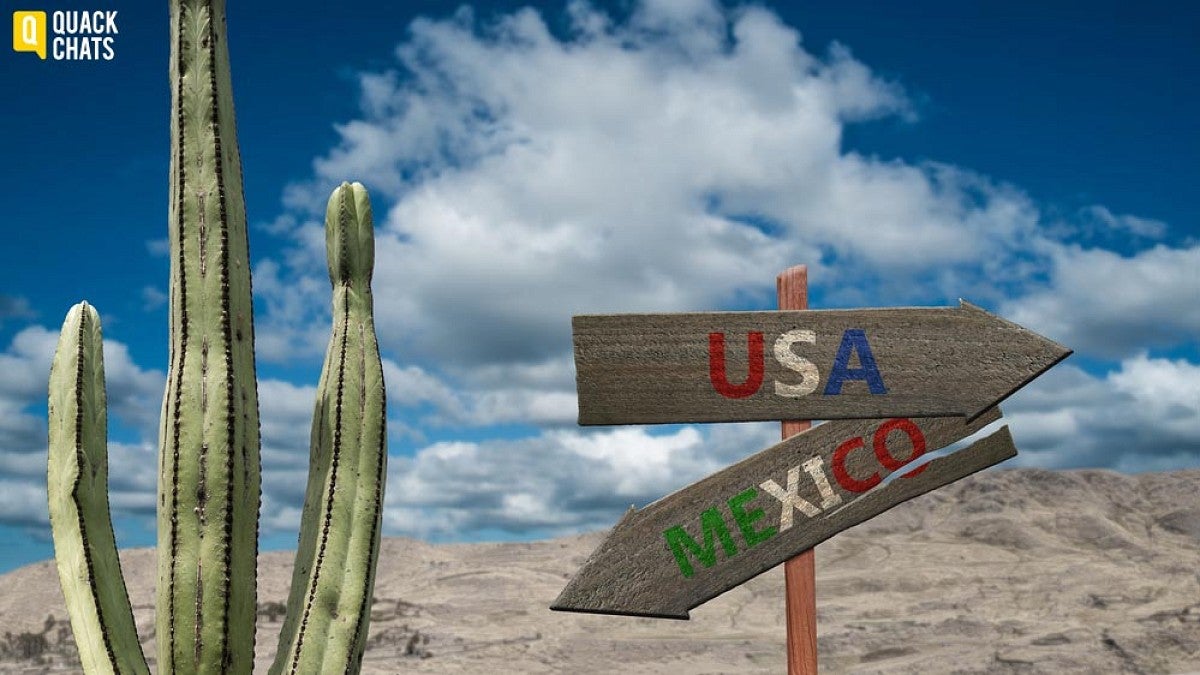When President Donald Trump launched his campaign for the White House, he declared, “When Mexico sends its people, they’re not sending their best.”
UO historian Julie Weise has some historical context to share about who exactly has crossed the border between Mexico and the United States and why, and she says it has a lot more to do with the United States government and businesses than people generally believe, or that certain elected officials might suggest.
In an upcoming Quack Chats pub talk, “Welcome Mats and Moats With Alligators: The Real History of Mexican Immigration,” Weise will discuss why so many immigrants, including a large population of undocumented individuals, have made their way to the United States from Mexico over the last 100 years and what role the United States has played in that surge.
“I want to help people understand that the U.S. government played an active role in encouraging Mexican immigration,” Weise said. “If anything, the Mexican government at times tried to stop the out-flow because they believed they needed all able workers at home.”
She will cover the origins of Mexican immigration to the United States and dive into a critical program that the U.S. government designed to recruit Mexican workers to the United States, a move that established a mutual dependency between Mexican workers and U.S. businesses that continues today.
Her Quack Chats pub talk happens Oct. 23 and begins at 6 p.m. at the Downtown Athletic Club ballroom, 999 Willamette St. in Eugene. It is free and open to the public; food a beverages are available for purchase.
Weise specializes in identity, citizenship, migration, race and nations in the Americas and the world and teaches courses on race and immigration in the United States and globally.
Quack Chats is a program of University Communications. For more information, see the Quack Chats section on Around the O. A general description of Quack Chats and a calendar of additional Quack Chats and associated public events also can be found on the UO’s Quack Chats website.
—By Emily Halnon, University Communications


